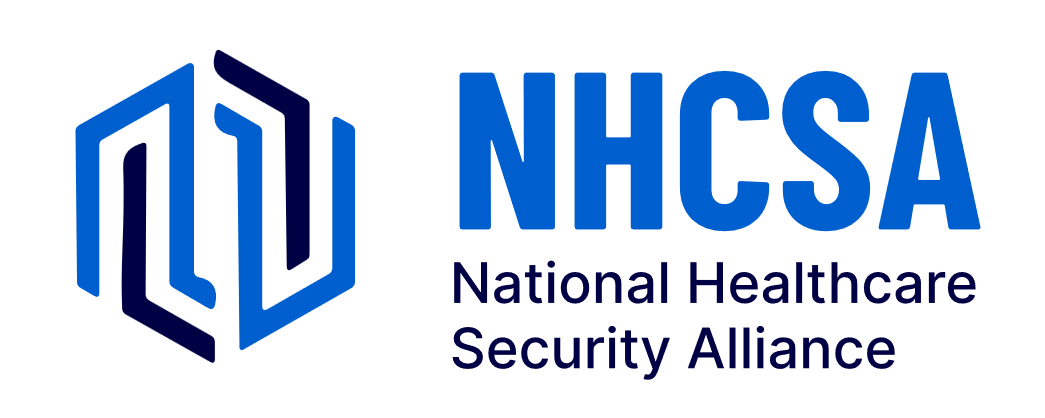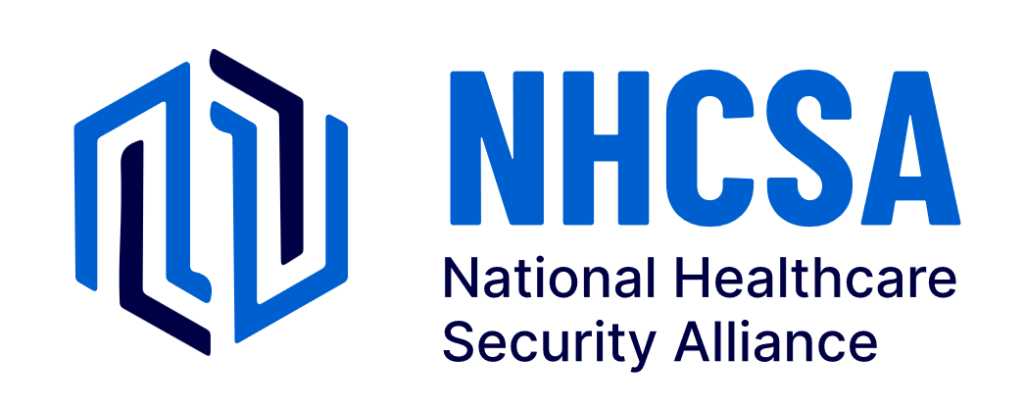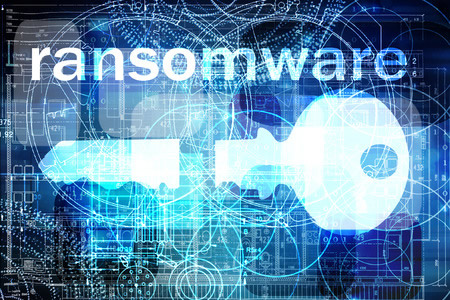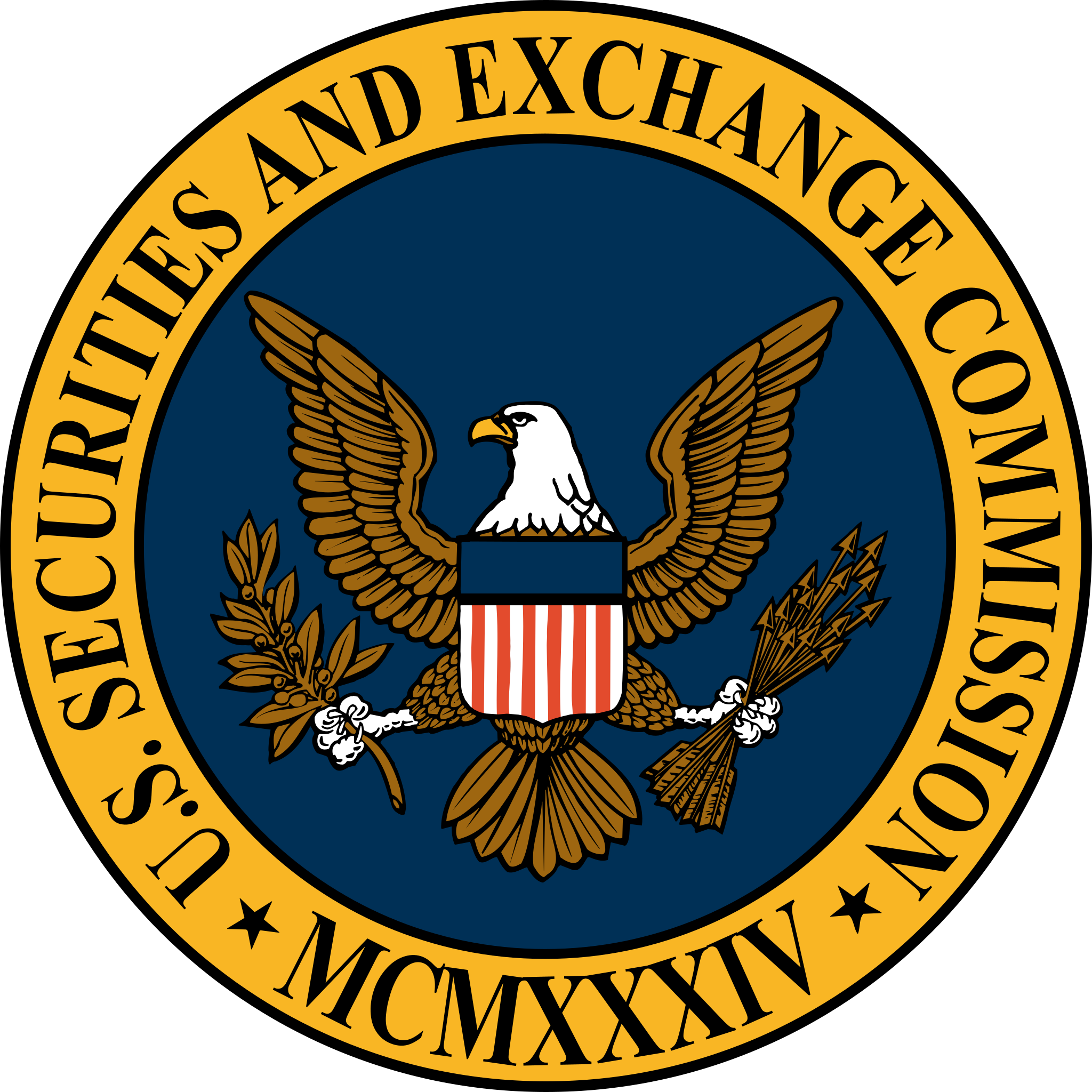In recent years, ransomware attacks have become increasingly prevalent and more sophisticated. These malicious acts involve cybercriminals encrypting a victim’s files or, in some cases, stealing sensitive data and demanding a ransom in exchange for their safe return. However, a surprising and encouraging trend has emerged – an increasing number of victims are refusing to pay the ransom.
According to recent research, a staggering 71% of ransomware attack victims are standing firm and refusing to give in to the demands of cybercriminals. This significant shift in behavior can be attributed to a variety of factors, including better preparedness, lack of trust in attackers, and stricter regulations.
One of the primary reasons for the decline in ransom payments is the improved level of preparedness among potential victims. Organizations have recognized the importance of backing up sensitive data and storing it securely in an air-gapped system. This precautionary measure ensures that even if their primary systems are compromised, they can retrieve their data without bowing to the cybercriminals’ demands.
A backup strategy is only effective, however, if it is implemented correctly. It is crucial for organizations to review and test their backup systems regularly to ensure that they are working as intended. Without proper testing, companies may find themselves unable to access their backup data when faced with a ransomware attack, leading to a potential increase in ransom payments.
Another factor contributing to the decline in ransom payments is the lack of trust in ransomware groups. Victims have become increasingly skeptical of these cybercriminals’ promises, particularly when it comes to deleting stolen data. Paying the ransom does not guarantee the eradication of compromised information, leading to potential leaks or the sale of sensitive data on the dark web. Organized criminal groups have been known to exploit victims who pay the ransom by initiating further extortion attempts or launching subsequent attacks.
Moreover, a significant development in the fight against ransomware has been the law enforcement crackdown. Authorities worldwide have been actively targeting these cybercriminals and disrupting their operations. In certain regions, paying a ransom has even been deemed illegal. This strong stance indicates a shift toward holding cybercriminals accountable for their actions, which ultimately discourages victims from giving in to their demands.
As the number of victims who refuse to pay the ransom continues to increase, the impact is twofold. On one hand, each unyielding individual or organization weakens the profitability of ransomware attacks. Cybercriminals depend on ransom payments for their financial gains, and a decline in these payments greatly diminishes their incentives to conduct such attacks.
On the other hand, the refusal to pay the ransom encourages cybercriminals to adapt and seek alternative methods to generate revenue. This may result in a rise in more sophisticated forms of cybercrime, such as data breaches or targeted attacks aimed at stealing sensitive information for immediate monetization. Therefore, while the decline in ransom payments is undoubtedly positive, it is essential for organizations to remain vigilant and continue investing in robust cybersecurity measures to counter evolving threats.
In conclusion, the significant increase in ransomware attack victims refusing to pay the ransom is a positive trend in the fight against cybercrime. Factors such as better preparedness, lack of trust in cybercriminals, and the enforcement of stricter regulations have contributed to this decline. However, organizations must remain proactive in their cybersecurity efforts to deter cybercriminals from exploring alternative avenues. By implementing strong backup and recovery strategies, fostering a cybersecurity-conscious culture, and collaborating with law enforcement agencies, individuals and organizations can tilt the odds in their favor and minimize the impact of ransomware attacks.





